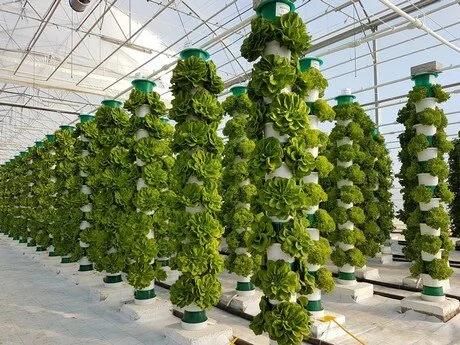Pollution remains one of the most significant challenges of our time, impacting air quality, water safety, soil health, and, ultimately, human well-being. From smog-filled skies to contaminated rivers, the effects of pollution are pervasive and require urgent, innovative solutions. Engineers are at the forefront of tackling these environmental issues, developing technology-driven approaches to minimize pollution and promote ecological resilience. Through advancements in renewable energy, efficient waste management, water treatment, and green urban design, engineering is helping shape a cleaner and healthier planet. This article explores the diverse ways engineering is driving change across industries, offering practical solutions that aim to reduce pollution and build a more sustainable and cleaner future for all.
Air Pollution Reduction through Cleaner Technologies
Engineers have significantly advanced renewable energy technologies such as wind, solar, and hydropower, which replace fossil fuels. These alternatives emit little to no pollution, helping reduce greenhouse gases and other air pollutants like sulfur dioxide and nitrogen oxides.
Electric Vehicles (EVs): Engineers primarily develop electric vehicle technology, which eliminates tailpipe emissions, a significant source of urban air pollution. Engineers work on developing efficient battery technologies, charging infrastructures, and energy management systems to support widespread EV adoption.
Technologies such as scrubbers, electrostatic precipitators, and catalytic converters, which capture and neutralize pollutants from industrial smokestacks and exhaust systems, have significantly reduced harmful chemical emissions into the atmosphere.
Reducing Water Pollution with Advanced Treatment Systems
Engineering innovations in wastewater treatment systems enable the removal of pollutants before they enter natural water bodies. Biological, chemical, and physical treatment processes can filter out heavy metals, chemicals, and microorganisms.
Desalination, or turning seawater into drinkable water, helps prevent overuse of freshwater sources. Additionally, advanced water purification methods allow for safe drinking water, reducing reliance on chemical-laden purification methods.
Engineers are also developing designs such as green roofs, permeable pavements, and constructed wetlands to manage stormwater runoff naturally and reduce contaminants that enter waterways.
Soil Remediation and Waste Management
Engineers use bioremediation techniques to clean up contaminated soil. These techniques use organisms like bacteria, fungi, and plants that can absorb or break down pollutants. This approach is often more sustainable than chemical treatments, reducing pollution from heavy metals, hydrocarbons, and pesticides.
Engineering advances in recycling, composting, and waste-to-energy technologies reduce the amount of waste in landfills and prevent pollutants from seeping into soil and groundwater. Engineers design materials recovery facilities (MRFs) that sort, clean, and repurpose waste materials, transforming what would be pollution into valuable products.
Preventing Ocean Pollution with Marine Engineering
Engineers have created devices that capture floating plastics, microplastics, and other ocean debris. Examples include ocean-cleaning systems, like large-scale booms and floating barriers, that capture and remove plastic waste from waterways and ocean gyres.
Engineers have been working to reduce emissions from maritime transport, one of the most significant contributors to ocean pollution. Engineers can reduce the shipping industry’s environmental impact by designing ships that use cleaner fuels, implementing ballast water treatment systems, and optimizing fuel efficiency.
Conclusion
Engineers are essential in the fight against pollution, not only by developing cleaner technologies but also by transforming the way industries operate. Through ongoing research, innovation, and cross-disciplinary collaboration, engineering can pave the way to a future with cleaner air, water, and soil.
Related Stories:
https://www.bolton.ac.uk/blogs/how-can-engineers-help-solve-environmental-problems
https://cypressei.com/engineering/why-environmental-engineering-is-important/





